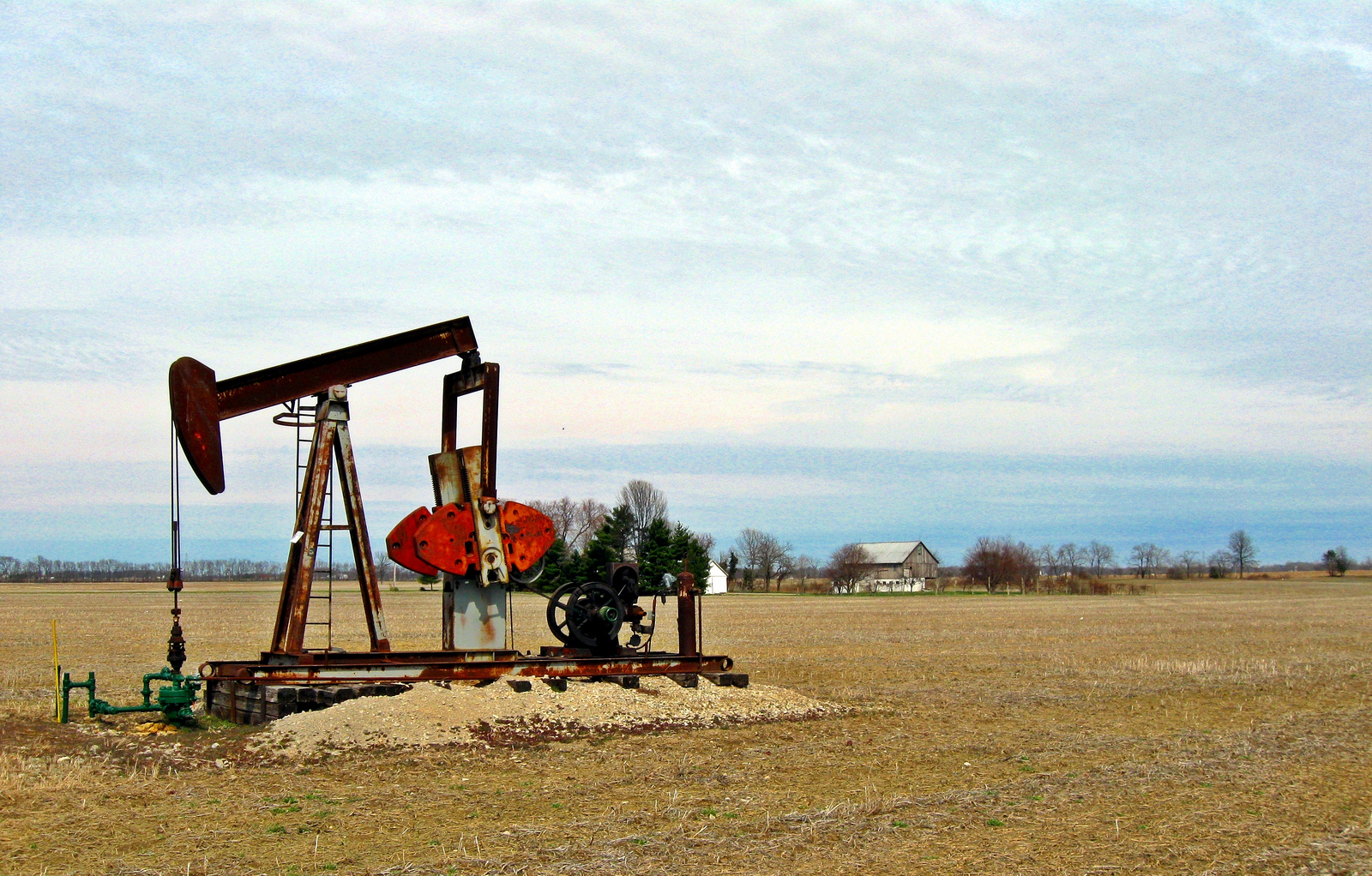Discovering you live over an oil or gas deposit, in theory, presents you with a nice retirement plan. Lease the drilling rights to an energy company and you could be looking at thousands of dollars a month in royalties for as long as the fuel lasts. In fact, one of the arguments for expanded domestic drilling holds that those royalties will boost rural economies by putting extra cash in the pockets of local landowners, and funnel extra revenue to the federal government, as around 30 percent of drilling in the U.S. takes place on federal land.
It sounds like a sweet deal, so of course there must be a catch. Those royalties, it turns out, rarely end up being as high as expected, thanks to oil companies’ manipulation of the opaque formulas dictating how much drilling income the landowner ultimately sees. That’s according to an investigation by ProPublica:
In many cases, lawyers and auditors who specialize in production accounting tell ProPublica energy companies are using complex accounting and business arrangements to skim profits off the sale of resources and increase the expenses charged to landowners.
Deducting expenses is itself controversial and debated as unfair among landowners, but it is allowable under many leases, some of which were signed without landowners fully understanding their implications.
But some companies deduct expenses for transporting and processing natural gas, even when leases contain clauses explicitly prohibiting such deductions. In other cases, according to court files and documents obtained by ProPublica, they withhold money without explanation for other, unauthorized expenses, and without telling landowners that the money is being withheld.
Retired Pennsylvania dairy farmer Don Feusner, for example, saw his monthly gas-drilling royalty checks dwindle to a fraction of their original value — from $8,506 in December to $1,609 in April — even though wells on his property continued producing the same amount of natural gas. Chesapeake Energy was withholding almost 90 percent of his share of the drilling income for mysterious “gathering” expenses.
The government has been stiffed by energy companies, too, but the feds have their own auditing agency and army of lawyers; federal and state governments have successfully sued the likes of Chesapeake, Exxon, and Shell for billions of dollars of damages and back royalties. It’s much harder for individual citizens to fight back. They have to shell out their own cash to pay for legal services, and they’re often dealing with decades-old drilling leases inherited from relatives, making it even harder to parse the terms of the contract.
If a landowner does raise questions about how her royalties are calculated, tracing the source of the trouble is no simple task. After it’s extracted from the land, oil flows across the country through a network of pipelines in which different sections are owned by different companies, and the drilling rights themselves are split into shares and frequently traded. ProPublica writes:
The chain of custody and division of shares is so complex that even the country’s best forensic accountants struggle to make sense of energy companies’ books. …
“If you have a system that is not transparent from wellhead to burner tip and you hide behind confidentiality, then you have something to hide,” Jerry Simmons, executive director of the National Association of Royalty Owners (NARO), the premier organization representing private landowners in the U.S., told ProPublica in a 2009 interview. Simmons said recently that his views had not changed, but declined to be interviewed again. “The idea that regulatory agencies don’t know the volume of gas being produced in this country is absurd.”
In Pennsylvania, ProPublica found, landowners face an especially arduous road to justice. Little precedent exists for how such cases should be handled; many leases forbid landowners from auditing gas companies, and even if they don’t, the auditing process can cost tens of thousands of dollars. If it unearths discrepancies, then landowners can be required to submit to arbitration, also a costly process that can make it harder for them to join class-action lawsuits. And all of this has to be accomplished within the state’s four-year statute of limitations. As one Pennsylvania attorney representing landowners put it: “They basically are daring you to sue them.”
Chesapeake Energy racked up $12.3 billion in revenues in 2012. So why does it go to such lengths to lowball landowners, to whom a few thousand extra bucks a month make a much bigger difference than they do to Chesapeake? Does the company get off on being withholding? Well, probably — but its primary motivation, according to Owen Anderson, an expert in royalty disputes at the University of Oklahoma College of Law, is the same as every corporation’s:
“The duty of the corporation is to make money for shareholders,” Anderson said. “Every penny that a corporation can save on royalties is a penny of profit for shareholders, so why shouldn’t they try to save every penny that they can on payments to royalty owners?”
The duty of a corporation is to make money for shareholders. Period. How many of our current economic woes can be traced to that statement?




